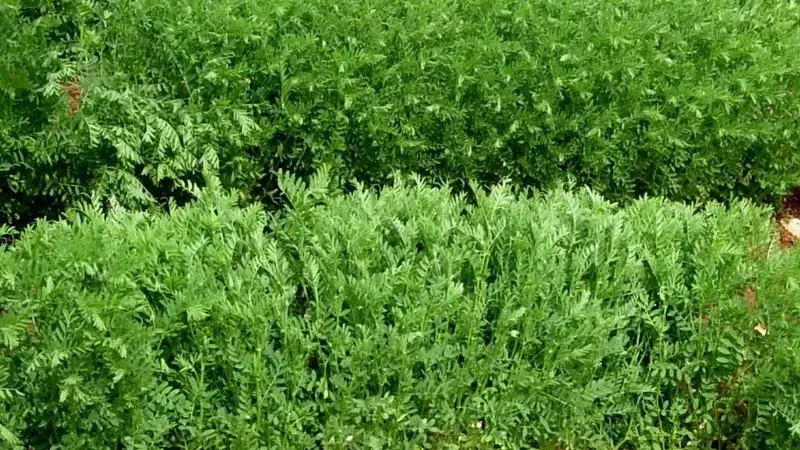A new high-yielding lentil variety ‘Idlib 5’ released in Syria

In Syria, the lentil crops suffer heavily from a soil borne disease called Fusarium wilt, which can cause as high as 72% yield losses in wilt-infested fields. For a successful lentil crop, farmers require a high yielding cultivar with wilt resistance and amenability to machine harvesting. Idlib 5 - a small seeded red lentil variety which is Fusarium wilt resistant and amenable to machine harvest - has recently been released in a meeting of the Syrian National Committee for the Adaption and Release of New Varieties.
This variety was developed from a single cross and selected as FLIP95-29L (91S 89718) at the International Center for Agricultural Research in the Dry Areas (ICARDA) and shared with the General Commission for Scientific Agricultural Research (GCSAR) of Syria for testing in its wide network of research stations. After a multi-location and multi-year evaluation the Government of Syria has released it for cultivation in Aleppo, Kamshli, Hama, Idlib and Daraa provinces. The new variety Idlib 5 gave a better yield than the previously released varieties, namely, Idlib 2, Idlib 3 and Idlib 4, as noted over a period of 10-year testing in research stations and farmers’ fields. According to the report presented to the National Release Committee, the average yield of Idlib 5 was 17.5% higher as compared to the widely adopted variety Idlib 2.
In a recent publication on the state of food insecurity in the world, the UN World Food Programme (WFP) and Food and Agriculture Organization (FAO) have identified agricultural productivity growth as one of the key factors for determining success towards food security and nutrition goals. Investing in lentil improvement can lead the way towards ensuring food and nutritional security of millions, particularly among low-income families, because of the high protein content of lentil seed.
